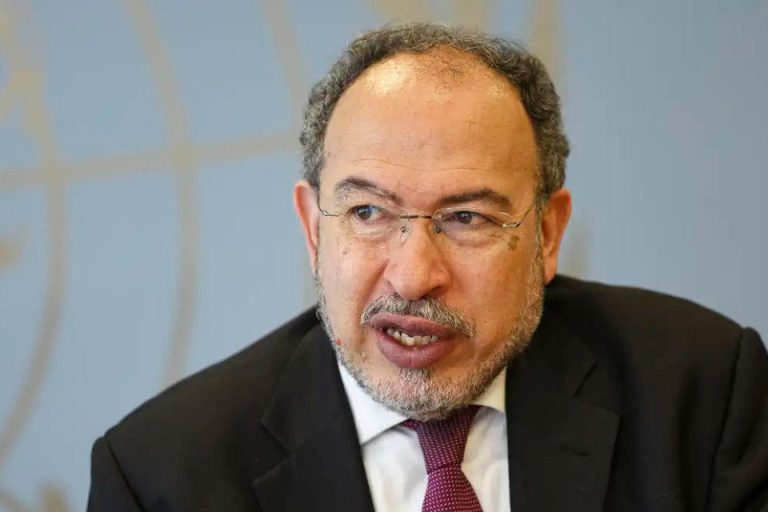The United Nations Educational, Scientific, and Cultural Organisation (UNESCO) has announced the launch of a strategic framework designed to enhance users’ ability to navigate the digital world safely, ethically, and with greater agency. The new document titled, “Towards User Empowerment: A Multistakeholder Action Plan for Integrating Media and Information Literacy (MIL) on Digital Platforms,” offers a practical roadmap for strengthening digital competencies and fostering critical thinking in the online environment.
Developed as a companion to UNESCO’s “Guidelines for the Governance of Digital Platforms”, the Action Plan places user empowerment at the centre of human-rights-based digital governance. It translates the Guidelines’ principles into actionable strategies for governments, regulators, technology companies, civil society, media, educators, and content creators.
The plan was officially unveiled during the World Summit on the Information Society (WSIS) High-Level Event 2025 in Geneva, at a UNESCO-led session titled “Action Line C9: Media – Towards a Resilient Information Ecosystem.” Discussions addressed pressing governance challenges, including the rapid spread of misinformation during crises, limited platform transparency, and the urgent need for user-centric interventions.
The Action Plan outlines four interconnected priorities for User Empowerment, including advancing users’ understanding of how digital platforms function; increasing user control and agency over their online experiences; enhancing effective participation in reporting and redress mechanisms; and improving access to discoverable, reliable, and trustworthy information.
By mobilising stakeholders across sectors, the Plan calls for initiatives such as embedding MIL into platform design, strengthening user rights, and building capacity at all levels.
Meanwhile, UNESCO’s Assistant Director-General for Communication and Information, Tawfik Jelassi, highlighted the strategic significance of the initiative, saying: “Media and Information Literacy is one of the most powerful tools we have to ensure users are not only protected but actively empowered in the digital environment. This Action Plan bridges our global governance guidelines with the everyday realities people face online.”
Adding the regulator’s perspective, Frédéric Bokobza, Deputy Director-General at France’s communications regulator, ARCOM, emphasised the framework’s potential to shape inclusive digital strategies, noting “Arcom underscores the critical role of user empowerment through MIL, not only by advancing our own initiatives, but also by embracing UNESCO’s Action Plan as a foundation for building informed, resilient digital citizens.”
The initiative aligns with UNESCO’s ongoing commitment to the Global Forum of Networks of Regulators and is supported by the European Union-funded Social Media 4 Peace project, which seeks to combat harmful online content, especially hate speech and disinformation, while safeguarding freedom of expression.
With this Action Plan, UNESCO signals a bold step toward ensuring that digital platforms serve as spaces for informed, engaged, and empowered communities worldwide.





